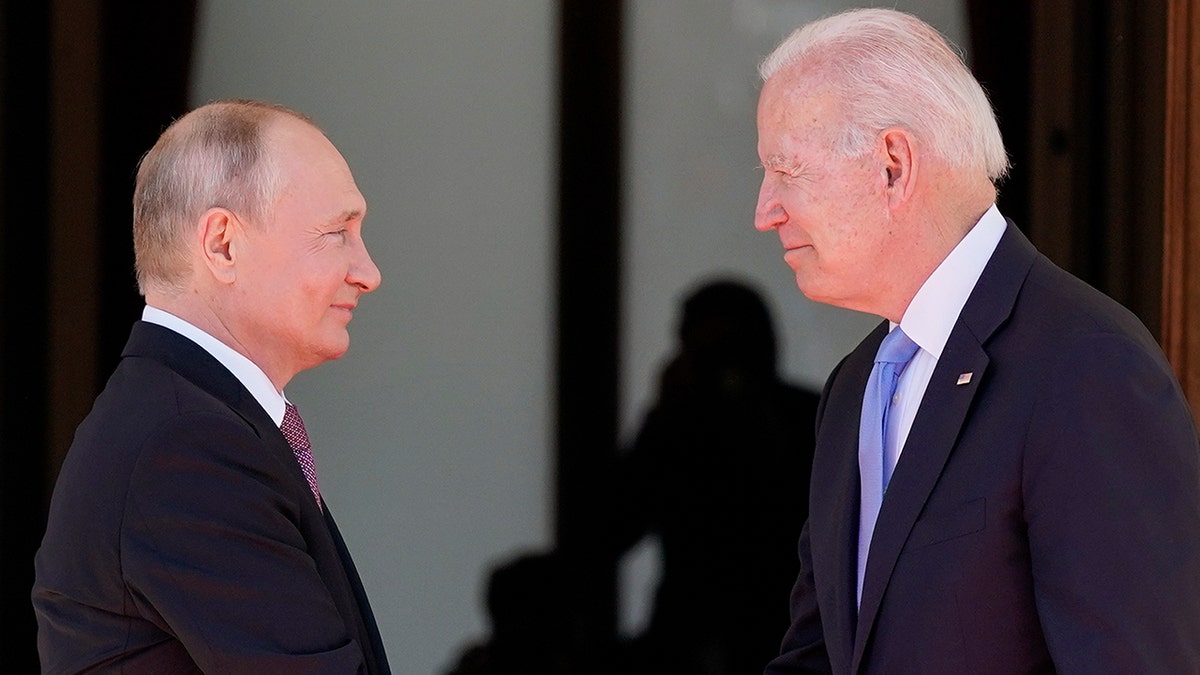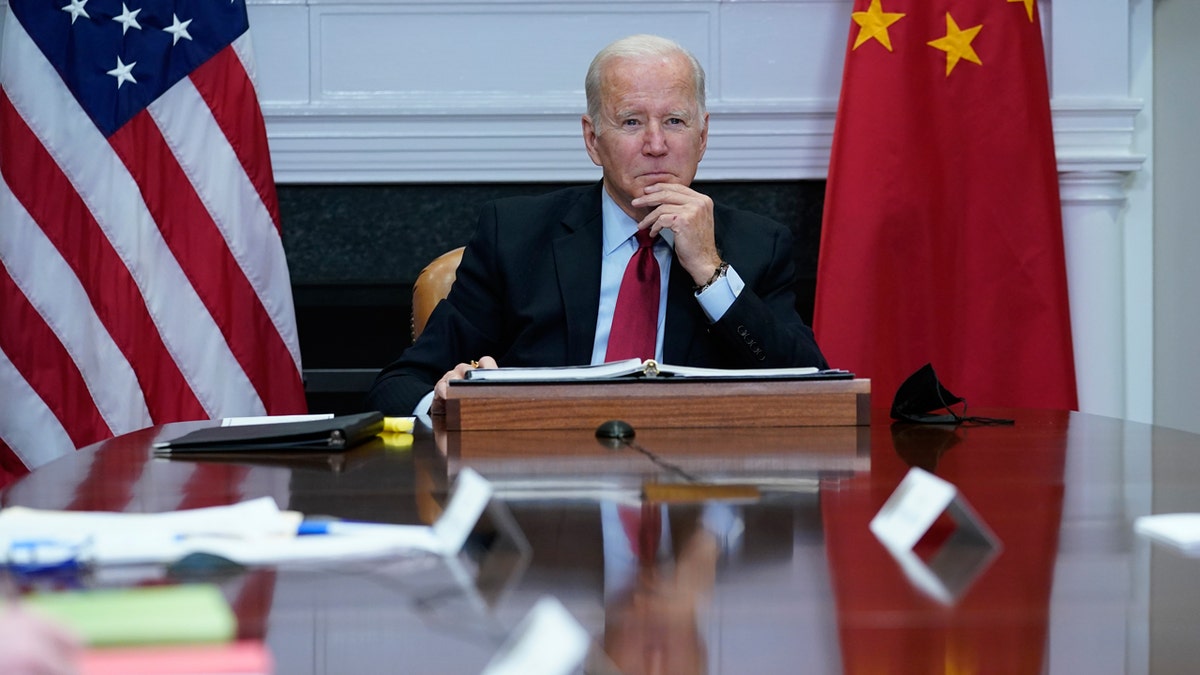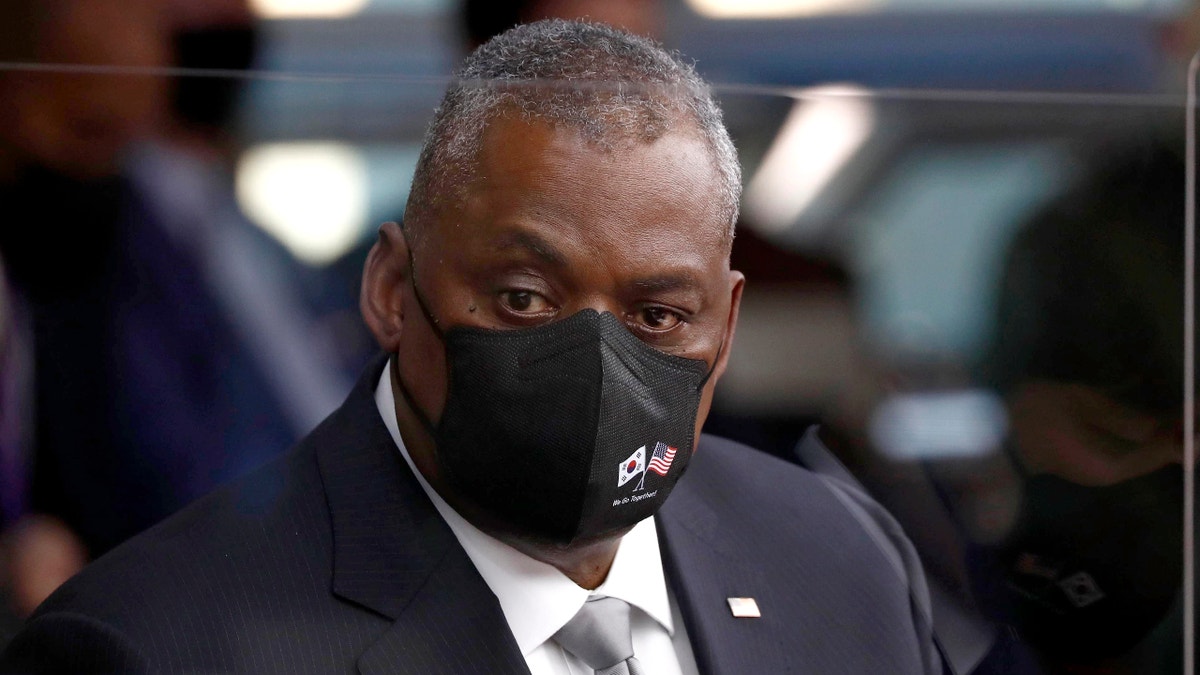Fox News Flash top headlines for December 20
Fox News Flash top headlines are here. Check out what's clicking on Foxnews.com.
When he was first elected in November 2020, President Biden assured that "America is back" on the world stage.
Repeated blunders have led foreign policy experts and lawmakers on both sides of the aisle to argue that the Biden administration's foreign policy has diminished U.S. standing in the world as China and Russia gather aggressive defenses not seen since World War II.
Afghanistan
The U.S. military withdrawal from Afghanistan in August 2021 drew global backlash after the Taliban swiftly seized control of Kabul, marking the sobering end to a conflict that spanned two decades.
On Aug. 18, three days after the Taliban seized the Afghan capital, President Biden spoke to ABC News host George Stephanopoulos about the remaining Americans and Afghan allies, reassuring the public that the U.S. military would remain in the country until we "get them all out."
In December, the State Department revealed that 500 U.S. citizens had been left behind, a figure much higher than was initially reported. Also left behind in the country was billions worth of U.S. military equipment, which the Taliban seized and recently paraded in the Kandahar region, according to Agence France-Presse.
As the military executed a chaotic mass evacuation at Hamid Karzai International Airport in Kabul, desperate Afghans clung to the departing planes until they fell from the sky. On Aug. 26, suicide bombers killed at least 183 people, 13 of whom were U.S. service members.

Evacuees wait to board a Boeing C-17 Globemaster III during an evacuation at Hamid Karzai International Airport, Kabul, Afghanistan, Aug. 23. (U.S. Marine Corps photo by Sgt. Isaiah Campbell)
In response, the U.S. deployed two drone strikes against suspected ISIS-K terrorists. One strike killed 10 Afghan civilians, including seven children.
The botched withdrawal prompted some retired military leaders to call for the resignations of Biden's top military and diplomatic officials, including Chairman of the Joint Chiefs of Staff Mark Milley, Secretary of Defense Lloyd Austin, Secretary of State Antony Blinken and national security adviser Jake Sullivan.
Earlier this month, Marine Gen. Frank McKenzie, head of U.S. Central Command, told the Pentagon that the U.S. is "probably at about 1 or 2% of the capabilities we once had to look into Afghanistan," which he said has rendered it "very hard, if not impossible" to see whether al Qaeda or the Islamic State in Afghanistan pose a threat to the United States.
Retired Lt. Gen. Keith Kellogg, former acting national security adviser to President Trump, previously told Fox News that the power vacuum left in Afghanistan is worse than the post-withdrawal situation in Iraq that led to the rise of the Islamic State.

Chairman of the Joint Chiefs of Staff Gen. Mark A. Milley testifies during a House Armed Services Committee hearing Sept. 29, 2021, in Washington. (Rod Lamkey-Pool/Getty Images)
Even so, Biden and members of his administration continue to suggest that the withdrawal from Afghanistan was relatively successful.
"Everybody says, ‘You could have gotten out without anybody being hurt,'" Biden said during an interview with CBS News correspondent Rita Braver this month. "No one's come up with a way to indicate to me how that happens."
Europe and Russia
Less than a month after the Afghanistan debacle, the U.S. made diplomatic history when France, its oldest ally, recalled its ambassador from Washington, D.C., for the first time.

President Joe Biden and French President Emmanuel Macron wave prior to a meeting at La Villa Bonaparte in Rome, Oct. 29, 2021. (AP Photo/Evan Vucci)
France also recalled its ambassador to Australia in an expression of displeasure toward both countries for a pact they signed with the United Kingdom that provided nuclear submarines to Australia. The new deal scrapped an earlier agreement that would have supplied Australia with submarines from France, which described the agreement as a stab in the back.

Russian President Vladimir Putin and President Biden meet in Geneva, Switzerland, June 16, 2021. (AP Photo/Patrick Semansky, File)
At the edges of Europe, tensions with Russia have also escalated during the Biden administration. Approximately 100,000 Russian troops have amassed along the Ukraine border in recent weeks, and U.S. officials confirmed to Fox News that they believe Russia is planning a multi-front military invasion of the country with as many as 175,000 troops as soon as early 2022.
A senior U.S. defense official told Fox News that the U.S. is taking recent signals from the Kremlin very seriously.
China
As the Chinese Communist Party (CCP) moves to "reunify" Taiwan with its mainland, tensions between the U.S. and China have also continued to escalate in the Indo-Pacific.
BLINKEN DOUBLES DOWN ON CHINA WARNING OVER TAIWAN: ‘TERRIBLE CONSEQUENCES’ IF BEIJING STRIKES
The Biden administration drew condemnation from China in November after the State Department announced it had invited Taiwan to its Summit for Democracy in December.

President Biden listens as he meets virtually with Chinese President Xi Jinping from the Roosevelt Room of the White House in Washington Nov. 15, 2021. (AP Photo/Susan Walsh)
Speaking with Fox News anchor Bret Baier during the Reagan National Defense Forum in Simi Valley, California, earlier this month, Secretary of Defense Lloyd Austin said China's increased military activity near Taiwan seemingly indicates a "rehearsal" of the country's future intentions.
LLOYD AUSTIN REACTS WITH AWKWARD SILENCE WHEN ASKED IF HE HAS REGRETS ABOUT AFGHANISTAN WITHDRAWAL
Pointing out how China has been launching multiple air operations near Taiwan recently, Baier asked Austin, "Do you think that these are training flights for future operations?"

Secretary of Defense Lloyd Austin meets South Korean Defense Minister Suh Wook in Seoul, South Korea, Dec. 2, 2021. (Jeon Heon-kyun/Pool Photo via AP)
Austin said he didn't want to speculate, but noted, "Certainly, it looks like them exploring what their true capabilities [are], and sure, it looks like rehearsal."
CLICK HERE TO GET THE FOX NEWS APP
Fox News' Dom Calicchio, Caitlin McFall and Andrew Mark Miller contributed to this report.














































